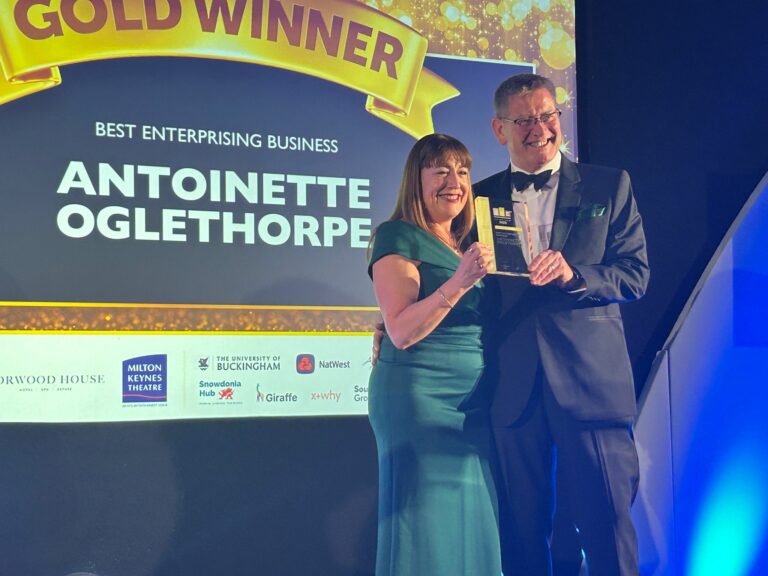Trying to plan the perfect mentoring programme? Perhaps this blog post can help.
A while ago I wrote a blog post on How to Find a Mentor which received several positive comments. It also prompted questions about how to set up a formal mentoring programme within an organisation.
One of the mistakes I often see organisations make is to launch a mentoring programme without proper thought as to what they want to achieve – and how they’re going to deliver it.
My advice to you if you’re in this position is to stop focusing on the activity (i.e. the launch of your mentoring programme) and instead to focus on the results you want to see (i.e. think about what you want to gain as a result of your mentoring programme).
The Perfect Mentoring Programme
In my last blog post, I talked about the value of developing a picture of what would be different if your mentoring programme was successful. Today, let’s look at what you need to do to make that picture a reality.
It goes without saying (but I’m going to say it anyway) that every organisation is different and you need to design an approach that meets your specific needs.
But in general, we recommend you follow the six steps outlined in our MENTOR model.
If mentoring is going to add value to the organisation, you must adopt a strategic matching strategy.
For example, a common strategic aim for mentoring is staff retention. For mentoring to impact staff turnover you need to identify who leaves and why, and whether mentoring will make a difference. Then you can focus on a target group and their specific needs. If the issue is that you lose new employees, mentoring can be part of your onboarding programme. If you are not keeping graduates, their ongoing professional development may be the key. If the issue is equity for particular groups, mentoring may support career development. If you need succession planning, you can target high potential employees and link them with senior people in key positions.
It is hard to ask people to get involved in a mentoring programme if they don’t know what mentoring is about. Attracting participants to your mentoring programme relies on great communication. Once you have planned your matching strategy, you need to promote it. Although most people agree that mentoring is a good idea, not everyone will prioritise it over conflicting demands.
We recommend a communications strategy for prospective mentors and mentees. That could include management briefings and employee information sessions. posters, brochures and information kits. And online ideas such as an intranet page, online presentations or videos that communicate the value of mentoring.
Your aim is to form mentoring partnerships that have the greatest chance of being effective. You’re going to achieve this more easily if you make participation in the mentoring programme voluntary. Ask mentees and mentors to nominate themselves for the Programme.
Another way to increase the effectiveness of the partnerships is to give participants input into the process. The best way of doing this is to get information from the mentor and the mentee so you can match them. You may also ask mentees to suggest several people that they’d like as mentors. You can then approach these people to see if they are willing.
It’s important to train both mentors and mentees. In fact, research suggests that the success rate of mentoring triples when both mentor and mentee are trained at the outset.
People understand, intellectually, the value of mentoring. But, they don’t know its real power until they experience an actual mentoring conversation. You can tell them, and they can read about the process and techniques. But, they will only discover the impact when they experience being listened to without being judged or told what to do. They need to see for themselves the amazing ability of people to find their own answers when given the space and support to do so. And they will feel the synergy that can occur when people share their learning and experience.
Training is best conducted face-to-face. It provides the opportunity for participants to meet and build rapport in a supportive environment. Mentors and mentees alike appreciate the support of fellow participants. Group activities break the ice and make it easy to get started. Resource materials, such as workbooks, become useful references over the life of the relationship.
It’s a good idea to provide a workshop for mentors and mentees, separately, then bring them together at a launch event to get them off to a good start. Follow-up group sessions are a feature of best practice programmes. If it is not workable to get people together regularly, online programmes can be very effective as an alternative.
Continuing support of the mentoring programme is vital. A programme where support stops after the launch is likely to lose energy and momentum. Strategies that preserve enthusiasm will improve the likelihood of achieving results.
Activities you may wish to set up include networking and social events and mentor community forums. You might offer workshops on specific topics such as career planning and assertive communication. You can also provide resources such as a regular newsletter, articles or tips. Other ideas include assessment instruments and access to any online library or intranet.
Mentors need to feel valued for the contribution they make. And they need somewhere they can go to for guidance should issues and problems arise. So, stay in touch and nurture your mentors. Best of all, provide them with mentoring. You may need to budget for external support to ensure that mentors are mentored if you feel unable to fulfil this role.
You will also want to review how the mentoring programme is going. You may wish to recommend that pairs review their progress and give feedback to one another. Group reviews can provide useful opportunities to check on progress and celebrate achievements. They are also useful to discuss ways to get the most out of the rest of the programme or to improve future programmes.
Time and Effort Will Pay Off
So you see there is a lot more to setting up a mentoring programme than just having a launch event and letting people get on with it. Setting up an effective mentoring programme needs an investment of time and effort. But the results are worth it.
Are you preparing to launch a Mentoring Programme in your organisation? Why not download our free eBook, M-Power. A Practical Guide to Mentoring in the Workplace.
You may also be interested in our Mentoring Toolkit. Find out more here >>



